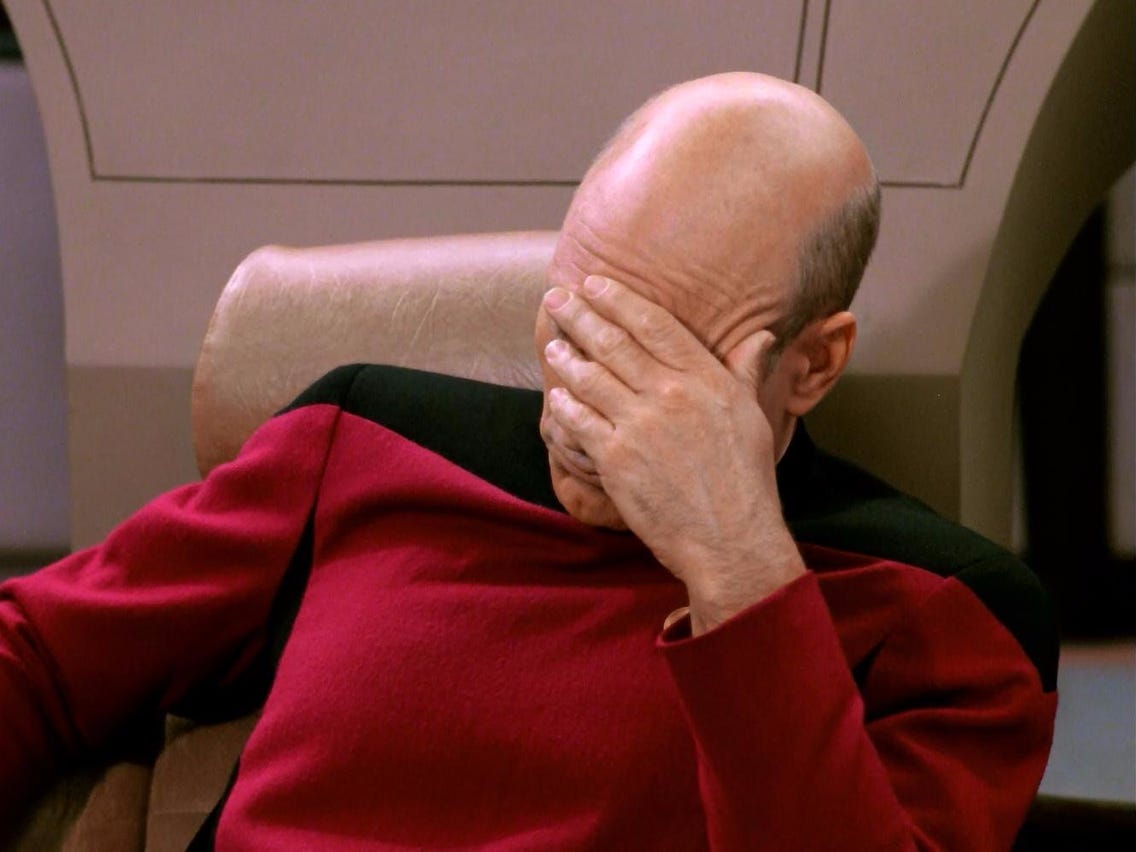Negative people are my kryptonite. We all know at least one – those people who drain a room of energy when they walk in, who see problems in every opportunity, who would prefer to complain rather than find a solution, who bring everyone in the team down.
I’ve worked with many teams over the years, across different cultures and companies, from tiny local charities to huge global corporations, and in that time I’ve seen people able to face massive challenges and still work well together with positive energy. Unfortunately, I’ve also seen a fair few people whose default reaction is negativity, even when a situation is full of possibilities.
When I interviewed teamwork experts about what makes a supercharged team, three points kept coming back again and again:
- Teamwork is based on trust, which means building strong relationships. Great teams work well together and enjoy the work, even when it is challenging, because of the positive energy and momentum they create. When someone is an energy drain rather than an energy creator, the whole team suffers.
- A growth mindset is essential at work, especially now. Teams that adapt and evolve are more successful than those who are resistant to change. In today’s challenging times, it no longer matters how many decades you have been in a job – if you’re not able to bring an adaptive and positive mindset to the work, you are bringing the rest of the team’s performance down.
- You can choose to be part of the problem, or part of the solution. When there’s a problem, everyone is responsible for fixing it – not just the team leader but everyone in the team. This means everyone in the team is responsible for seeking solutions, not just identifying problems.
We all know the working world is rapidly changing – we are facing huge market disruptions that have been created by new technologies, cultural shifts and more access to information. The last year has shown us that those teams who will succeed are those who can adapt, optimise, pivot and evolve.
Even elite sports teams choose their team players based on their ability to optimise their performance, not only their existing talent. People’s ability to adapt and evolve positively will be the number one characteristic we hire for in future.
The problem is in the past we valued expertise and years of experience more than attitude, and some teams are stuck with career pessimists who are resistant to change. Bullies and brilliant jerks at work are very destructive, but pessimistic personality types come a close second in their negative influence on the rest of the team.
Unfortunately, if you’ve got someone like this on your team, it’s very hard to do anything about it. They often have an ingrained negative energy vortex in their personality, and this makes them even more unlikely to change.
Where you can make a difference is when you’re choosing someone new for your team. Hire for attitude and ability to learn, not only existing expertise or how long someone has been in their role.
Instead of Problem Moaners, people who will entrench themselves in a negative viewpoint and refuse to be a part of the solution, we need more Problem Owners – people who recognise an issue and see themselves as accountable to fixing it.
Being open to change, learn and adapt will continue to be what makes both individuals and teams fit for the future. Our ability to make a positive contribution in any team and to enhance each other’s energy and enthusiasm is what will make our work both more effective and more enjoyable in future.
Let’s hire for attitude as much as for experience, and let’s be conscious of being Problem Owners not Problem Moaners.
[“source=trainingjournal”]










